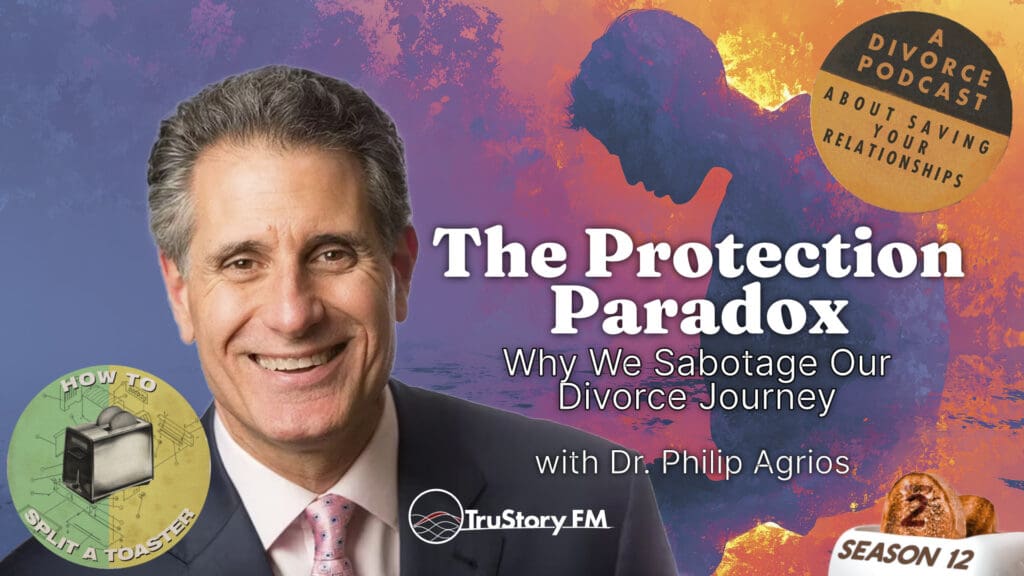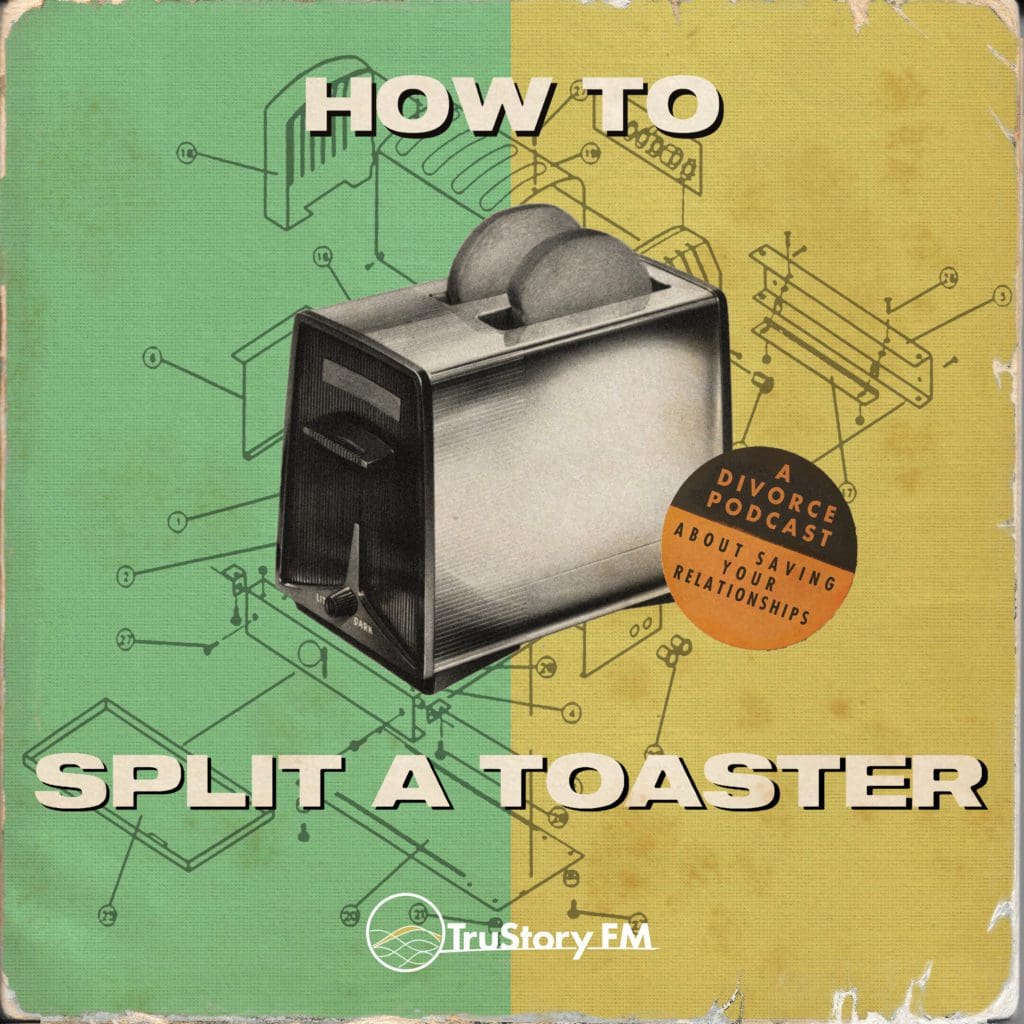Self-Sabotage in Divorce: Understanding Hidden Patterns
In this compelling episode of How to Split a Toaster, Seth Nelson and Pete Wright explore the psychology of self-sabotage during divorce with guest expert Dr. Philip Agrios. The conversation delves into how unconscious patterns can derail both relationships and divorce proceedings.
Understanding Self-Sabotage
Dr. Agrios identifies three fundamental reasons for self-sabotage: past success followed by loss, avoiding necessary actions, and fear that success brings more pain. These patterns particularly impact divorce proceedings where emotional stakes are high and rational decision-making is crucial.
Legal Impact and Court Behavior
Seth Nelson emphasizes how self-sabotage manifests in legal settings, particularly during depositions and court appearances. Clients often undermine their cases by over-talking, treating minor issues as emergencies, or failing to provide required documentation timely—all of which increase legal costs and complexity.
Key Insights:
- Self-sabotage often serves as unconscious protection from perceived greater pain
- Court time constraints require focusing on truly significant issues
- Understanding behavioral patterns helps navigate divorce more effectively
Breaking Free from Self-Sabotaging Patterns
The discussion outlines practical strategies for recognizing and addressing self-sabotage, including:
- Identifying protective behaviors versus growth behaviors
- Working with attorneys efficiently to manage costs
- Understanding personal triggers and responses
The episode provides valuable insights for anyone navigating divorce while dealing with self-sabotaging tendencies. Dr. Agrios’ expertise combined with Seth’s legal experience offers practical tools for maintaining focus and making better decisions during divorce proceedings.
Links & Notes
- Check out Dr. Philip Agrios on his website, LinkedIn, X/Twitter, Instagram, Facebook, and YouTube
- Check out Dr. Philip’s book Life’s One Law
- Schedule a consult with Seth











